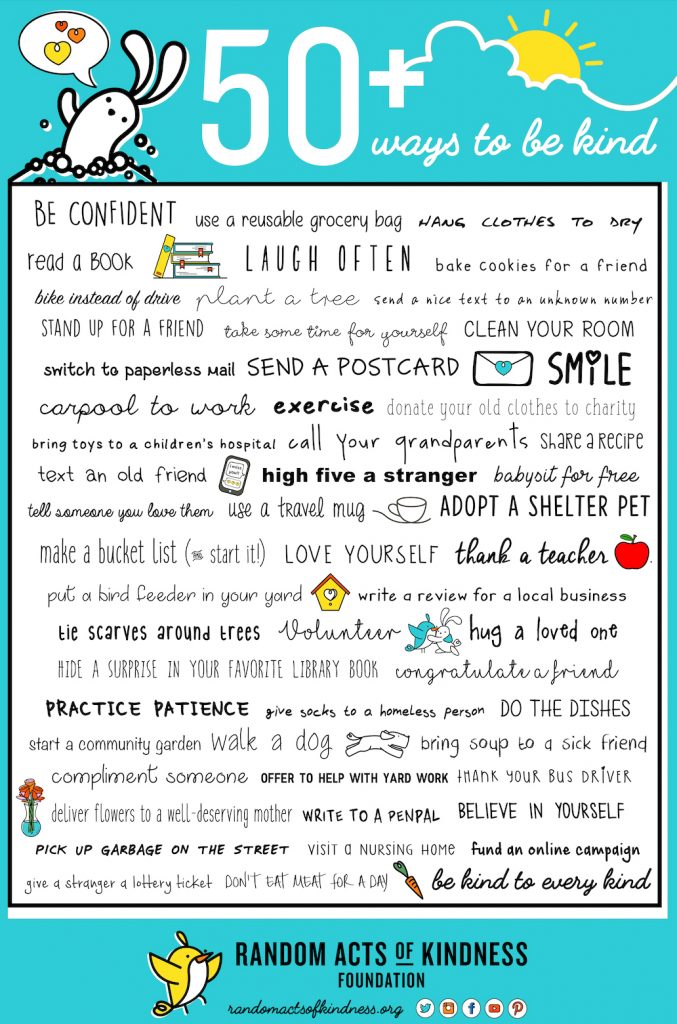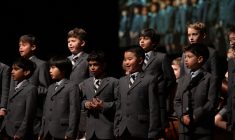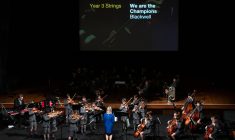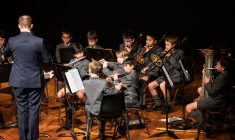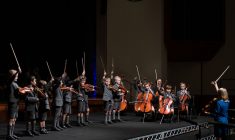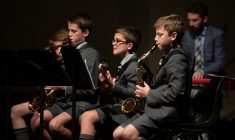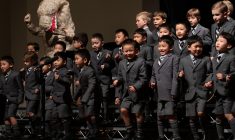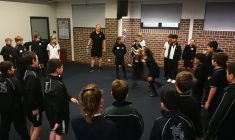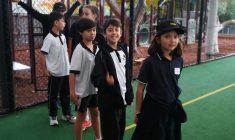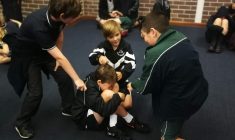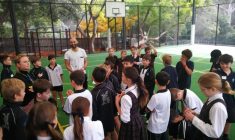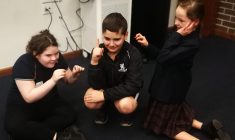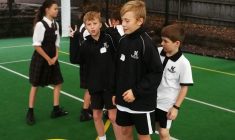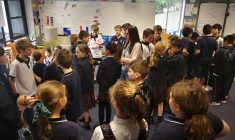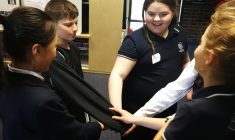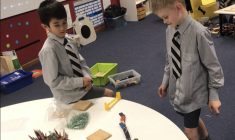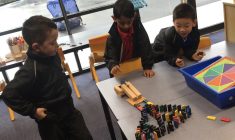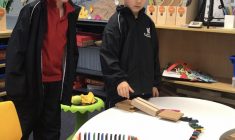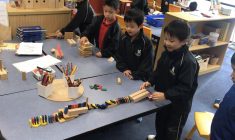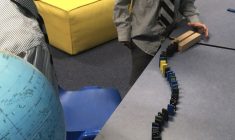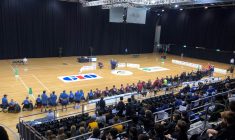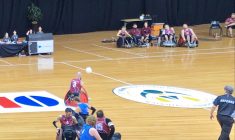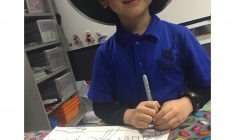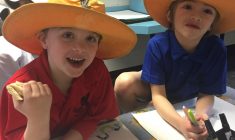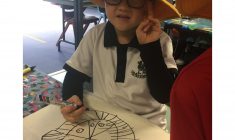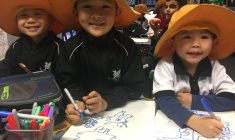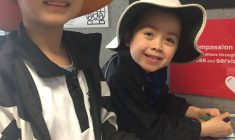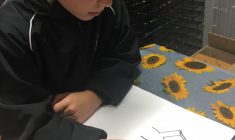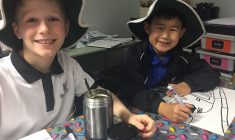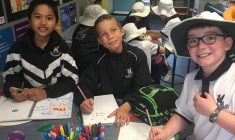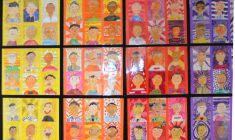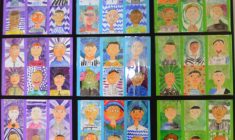From the Head of Lindfield
I would like to start by sharing an extract of the guest speech by US Supreme Court Chief Justice Roberts at his son’s school graduation. This was shared with me by one of our parents…
….Now the commencement speakers will typically also wish you good luck and extend good wishes to you. I will not do that, and I’ll tell you why. From time to time in the years to come, I hope you will be treated unfairly, so that you will come to know the value of justice. I hope that you will suffer betrayal because that will teach you the importance of loyalty. Sorry to say, but I hope you will be lonely from time to time so that you don’t take friends for granted. I wish you bad luck, again, from time to time so that you will be conscious of the role of chance in life and understand that your success is not completely deserved and that the failure of others is not completely deserved either. And when you lose, as you will from time to time, I hope every now and then, your opponent will gloat over your failure. It is a way for you to understand the importance of sportsmanship. I hope you’ll be ignored so you know the importance of listening to others, and I hope you will have just enough pain to learn compassion. Whether I wish these things or not, they’re going to happen. And whether you benefit from them or not will depend upon your ability to see the message in your misfortunes.
Sometimes parents want to shield children from the hard parts of life, they want their children to be happy and experience a life where they are successful in everything they do. But if we manufacture success at every turn, then we are doing our children a disservice.
We want our students to experience challenge, joy, sorrow, failure, hardship and happiness. The full gamut of what life has in store for all of us.
My own children often tell me life is not fair (usually because they can’t have something they want to buy). Our boys also need to realise that while life may sometimes seem unfair, it is fairer for us, in Australian society, than practically any other population in the world.
It is important that boys understand that we live in an incredibly supportive society and are given access to health, education and opportunities that are unmatched. For our boys, service learning, overseas travel and engaging with communities that are less fortunate is vital to understand their own good fortune in being born into our society.
In an educational context, the learning journey for each of our boys is never linear, their learning always consists of successes and failures. The important thing is to recognise that when our boys fail, when life throws them a curve ball, when they face misfortune or bad luck, our boys need to take responsibility for the situation. Taking responsibility makes us really think about what happened and how to improve the situation in the future.
If we as parents deflect or make excuses, even if they are valid, then we rob ourselves and our boys of the opportunity to grow and learn from hard times. Remember, our boys will emulate what is modelled for them.
Parents need to scaffold an environment that embraces the challenging parts of life, even if it seems unfair, mean and not our fault. We do this because we want courageous, resilient, determined boys who are excellent problem solvers, boys who get back on their feet, no matter what life may throw at them.
So this holiday break, celebrate the successes of the term with your boys and celebrate the hard times as well. We are the sum total of our experiences, whether we chose them or not. It is our choice whether we react positively to challenging situations. It is our reactions that will define our next steps.
Ben Barrington-Higgs



